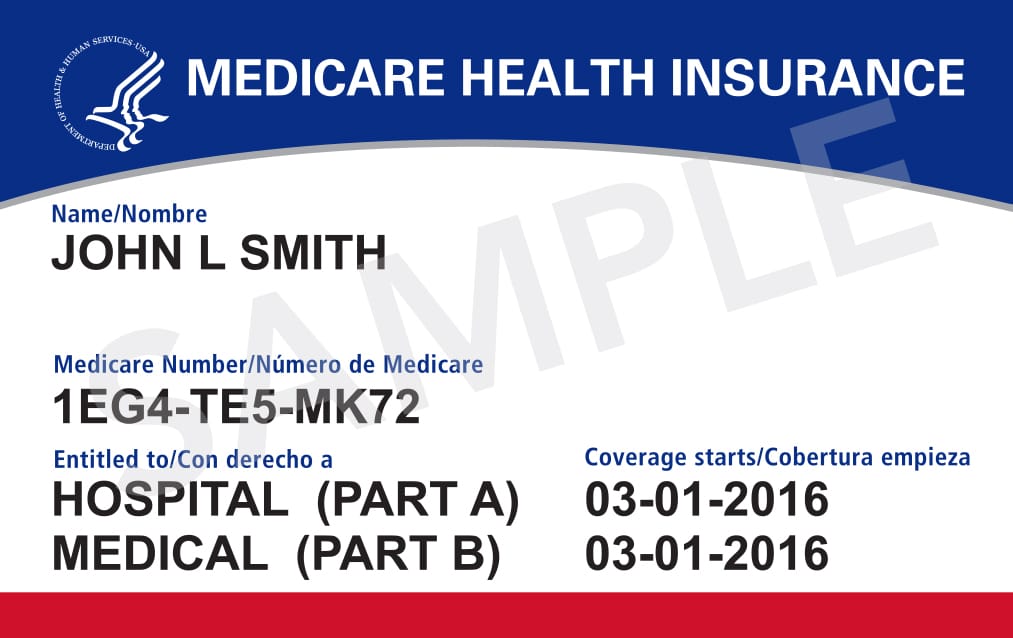Scammers Target Elderly As New Medicare Cards Are Mailed


The government started sending out new Medicare cards, replacing the Social Security numbers of recipients printed on the old cards with unique Medicare numbers in late July, sending some scammers scrambling to commit as much fraud as possible before all elderly residents have the new cards.
The Department for the Aging (DFTA), Deputy Mayor Herminia Palacio, the U.S. Department of Health and Human Services, and Assembly Member Jo Anne Simon held an event in Park Slope yesterday to alert older New Yorkers at the Park Slope Center for Successful Aging.
The latest scam follows the scrip recounted by one elderly neighbor at the gathering. The elderly resident received a phone call from someone posing as a Medicare representative. The scammer told her that she should have already received her new Medicare card and asked for the number on the old card, which would have been the senior’s Social Security number. The senior declined, and the caller hung up. Not everyone is as savvy, and older Americans lose tens of billions each year to financial scams and abuse, DFTA said.
“Financial crimes threaten the life savings, peace of mind and even the physical well-being of seniors,” DFTA Commissioner Donna Corrado said, describing how the department is working with senior centers and other aging services providers to let victims know that “there is no shame in seeking help”, and easiest way to get help is by calling 311.

“Scams have become more prevalent as of late, and New Yorkers should be aware of them and the resources available to them,” said Department of Consumer Affairs Commissioner Lorelei Salas. Consumer Affairs website has tips for older New Yorkers with links to resources such as free financial counseling, legal help, and more in 8 languages.
“Medicare will automatically mail the new card to you. You don’t need to do anything to get the new card. Once you get your new Medicare card, destroy your old Medicare card and start using your new card right away,” said Ray Hurd, Regional Administrator and Deputy Consortium Administrator with the Centers for Medicare and Medicaid Services.
For seniors who may have fallen victim to financial and other types of crimes, DFTA’s Elderly Crime Victims Resource Center offers counseling and help – just call 311.




